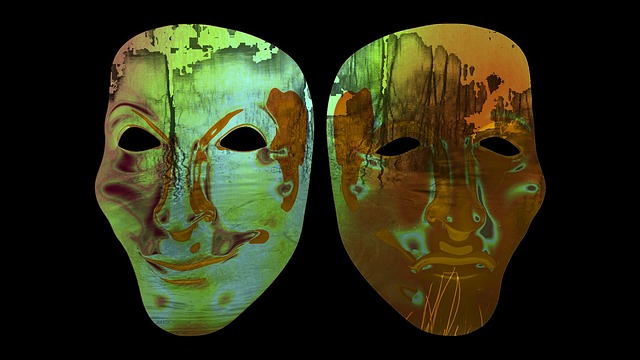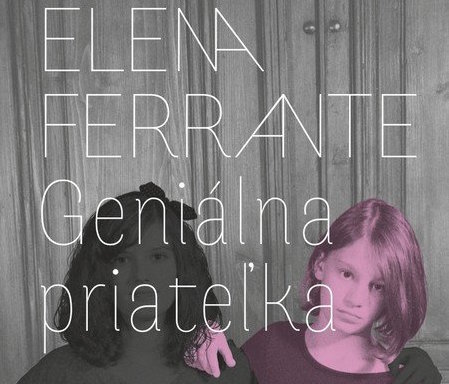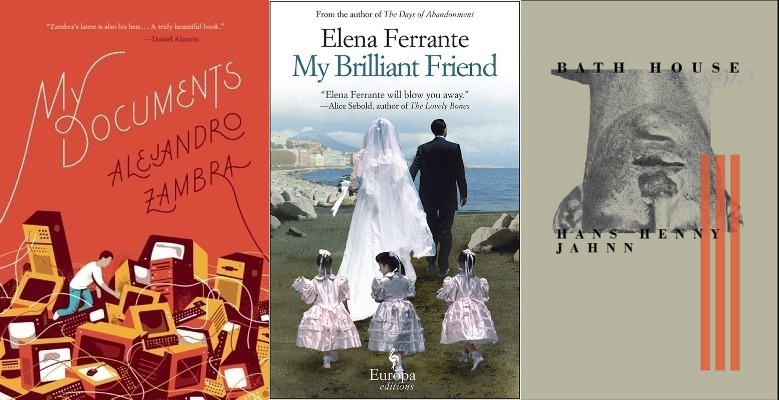I don’t care who Elena Ferrante is. I know some people really, really care, including some folks at The New York Times, which just published an article on the Italian author’s mysterious identity. Some people, it would appear, won’t let it rest until they know the name of the author behind the so-called Neapolitan series of novels, which has rocked the literary world on both sides of the Atlantic.
But not me. Every time it comes up, I think, “I don’t care.”
And it’s not because I’m only slightly interested in Italian literature. Oh no. Italian literature is my life. My idea of paradise is being in a room in Italy—any room—where I’m so surrounded by the Italian language, I feel submerged. I read the Ferrante books one after another in the original Italian. I even have a copy of the Italian newspaper article about Ferrante’s identity that inspired the article in The Times. (My partner happened to be in Switzerland the weekend it appeared in an insert to Il Corriere della Sera, and he brought it home for me).
It’s not because professional nosiness is foreign to me. I’m a journalist, in fact. READ MORE…



